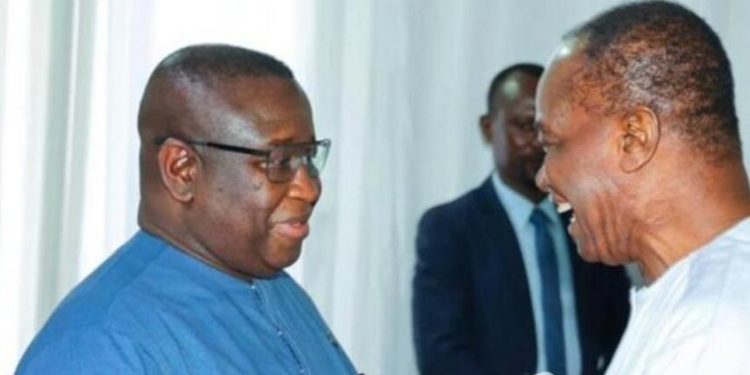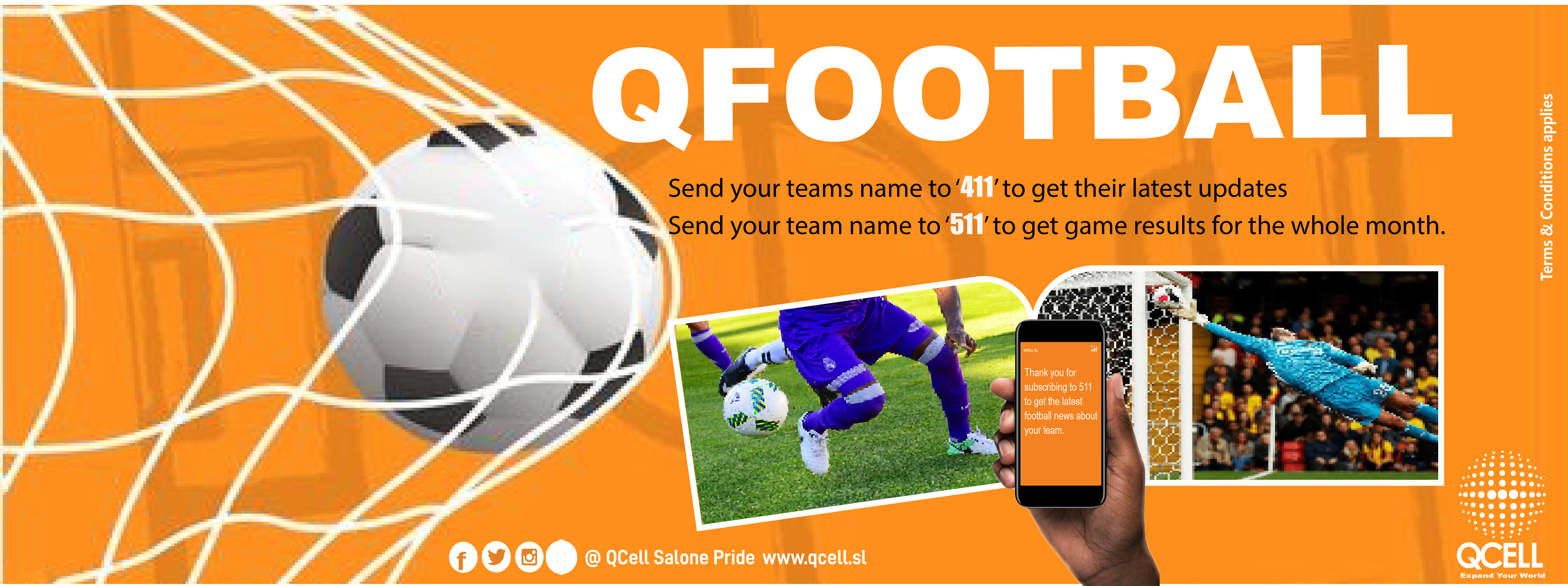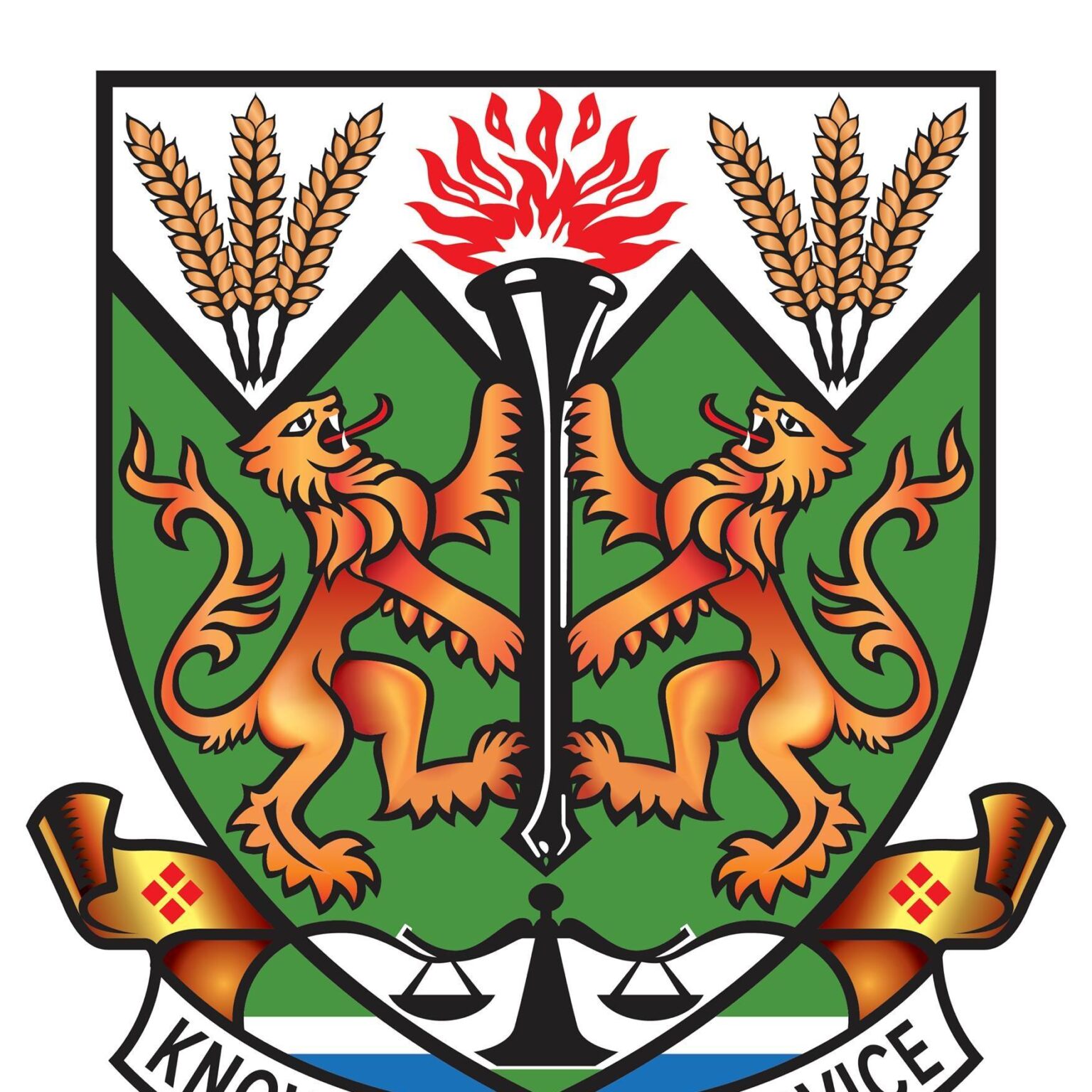Sierra Leone, a nation endowed with rich resources, vibrant culture, and resilient people, faces a tragic paradox. Despite its potential, everyday life for the ordinary citizen is fraught with hardships that feel insurmountable. The very leaders entrusted with the mandate to lift Sierra Leoneans from poverty, secure a brighter future, and empower marginalized communities have largely failed to meet this duty. Consumed by self-interest, many of these politicians have instead prioritized personal gain over the well-being of the country, perpetuating a cycle of poverty, disenfranchisement, and lost potential.
This failure is not merely a result of negligence or inexperience. It is a profound, systemic betrayal, marked by corruption, mismanagement of public resources, and an erosion of democratic values. The visible scars of this betrayal are evident throughout society — from overcrowded, under-resourced classrooms to the empty stomachs of children, from the daily struggles of single mothers to the obstacles faced by citizens with disabilities.
The dream of a “free and fair election” has become a bitter illusion for many Sierra Leoneans. Elections, meant to be the bedrock of democracy, are instead marred by manipulation. Vote-buying, intimidation, and fraud have silenced the voices of the people, stripping them of the power to hold their leaders accountable. When powerful figures prioritize self-interest over the electorate’s will, they entrench a system where impunity flourishes, and progress stalls. This cycle not only distorts democracy but robs Sierra Leone of its future, leaving young people to inherit a country where their voices seem irrelevant, and democracy exists in name only.
The consequences of these stolen elections reach far beyond politics. Leaders who secure power through deceit are more inclined to govern for personal gain rather than the public good. Their choices impact every sector, from education to healthcare, and it is the country’s most vulnerable — children, women, and people with disabilities — who bear the brunt.
In Sierra Leone’s government offices, stories of corruption are commonplace. Funds earmarked for public development frequently disappear into the pockets of officials, leaving hospitals without supplies, roads unpaved, and schools neglected. Meanwhile, in the capital city of Freetown, the stark disparity between the wealthy political elite and ordinary citizens is unmissable. Lavish homes and luxury cars line neighborhoods where politicians reside, just a short distance from communities struggling with basic needs like clean water and nutrition.
This blatant enrichment of the few impacts those who can least afford it. Programs meant to uplift women, children, and people with disabilities are left without funding, further marginalizing those who should be at the heart of Sierra Leone’s development. Children are perhaps the most vulnerable victims, growing up in an environment where quality education, adequate healthcare, and even basic security are viewed as privileges instead of rights.
Sierra Leonean women are vital to family and community life, yet they face daily obstacles exacerbated by governmental neglect. While political leaders may speak about gender equality and women’s empowerment, these promises are rarely translated into action or resources. High maternal mortality rates, limited access to healthcare, and scarce economic opportunities are just a few of the challenges women face. Rather than supporting women as the pillars of society, the political elite continue to prioritize their wealth, leaving women to shoulder immense burdens with minimal support.
People with disabilities face similar neglect. Inaccessible public spaces, lack of support services, and inadequate resources create significant barriers to a dignified life. In a just society, these citizens would be supported and empowered to contribute meaningfully to the nation’s growth. Yet, Sierra Leone’s disabled community is often invisible to those in power, their needs brushed aside by leaders more focused on their own advancement.
Sierra Leone’s future cannot continue to be sacrificed at the altar of corruption and political negligence. The time has come for Sierra Leoneans to demand accountability from those who have failed to fulfill their responsibilities. Through unity, civic engagement, and grassroots movements, citizens have the power to initiate reform. Corruption must be confronted and uprooted, and leaders who exploit their power must face justice. Only with unwavering demands for transparency can Sierra Leone break free from the cycle of political failure and build a foundation for genuine progress.
Our politicians have betrayed us, leaving Sierra Leone’s most vulnerable — its children, women, and disabled citizens — to pay the price. They have stolen not only our resources but also our future. The responsibility for change now rests with us, the citizens. Together, we must demand leaders who embody integrity, compassion, and accountability — leaders who prioritize the welfare of every Sierra Leonean, particularly the marginalized and underserved.
Sierra Leone has the potential to be a thriving, prosperous nation. But true progress will only come with leaders who are committed to honest service and a citizenry willing to demand the change that will transform our collective future. Only then can we rebuild and reshape Sierra Leone into a nation where every citizen has the opportunity to flourish and thrive.














